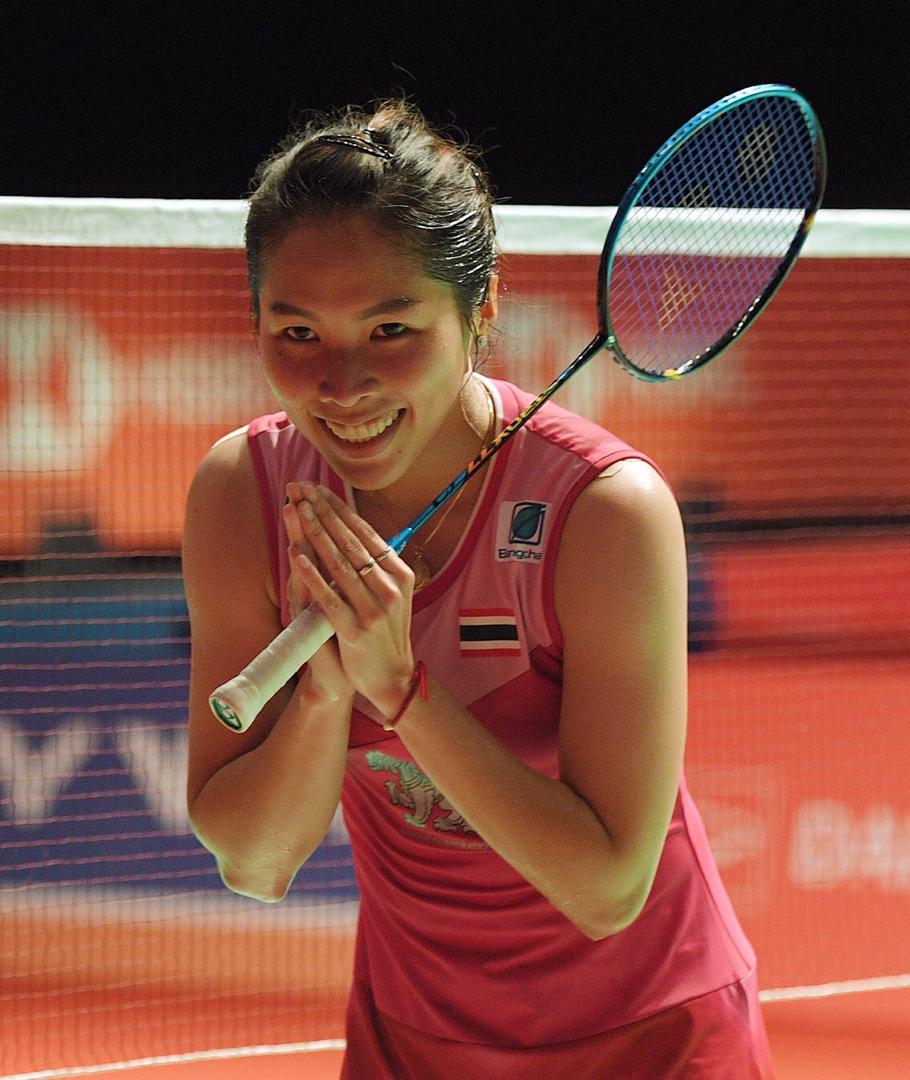 MTN-Qhubeka’s ambitions are modest in their maiden Tour de France but team manager Douglas Ryder predicts the African outfit will be on the podium of the world’s most famous cycling race within five years.
MTN-Qhubeka’s ambitions are modest in their maiden Tour de France but team manager Douglas Ryder predicts the African outfit will be on the podium of the world’s most famous cycling race within five years.
The first African team to compete in the Tour de France which gets underway in Utrecht in July, Ryder believes Africans can be as successful in cycling as they are in world athletics.
“Stage wins are the big objective for us (this year) and to try and wear a leader’s jersey,” said Ryder.
“We don’t have a rider that can go for the overall classification, but we are hoping that in two to three years we can have a rider that can potentially stand on the podium.
“It has been a European sport for 100 years but why can’t we get African riders to break through and to make a big impact in world cycling.”
One of five wildcard teams chosen to race in this year’s event, MTN-Qhubeka already have experience of top level international cycling having competed in last year’s Vuelta a Espana.
They have several promising young African cyclists and reinforced their ranks by signing Norwegian sprinter Edvald Boasson Hagen, one of the top names in the successful Sky team.
But it is the home-grown African talent starting to emerge that is striking at Qhubeka, whose name means progress in zulu.
“We’ve taken the best talent we could find in Africa into our team and I think the Eritrean riders could make a big impact on the Tour in 2015,” Ryder predicted.
Climber Natnael Berhane, who won the Tour of Turkey in 2013, has joined the group and will race alongside fellow Eritrean Daniel Teklehaimanot.
Another Eritrean, 20-year-old Merhawi Kudus, is considered a promising prospect, along with South Africa’s Louis Meintjes, 22.
“The first part we will focus on our European riders in a classic style racing on the cobblestones in France and in northern Europe too,” explained Ryder.
“Our African riders are very good at climbing, they are very light, very strong, so we’ll focus the African riders on the second part and the mountains.”
MTN-Qhubeka are reaping the benefits of investment in Africa by cycling‘s governing body UCI and Ryder believes the continent can become a cycling power.
“What’s happening in running will definitely happen incycling. I don’t think so, I know so. But cycling is not that simple, it’s more technical, tactical, there’s many things to learn.”
– ‘Experience you can’t buy’ –
Team leaders will be counting on the experience of the European riders to construct a winning team.
“Will we ever be 100percent African, the answer is no,” Ryder said.
“Because if you look at them, Boasson has been on two Tour de France winning teams, that’s experience you can’t buy.
“You can only learn from people like that if we want to move forward quickly. The European riders have a lot of value to add.
“They can really help teach the African riders the way it is to be living in Europe and to race on those roads.”
Former South African rider Jean-Pierre van Zyl believes that although there is a symbolic aspect in allowing a young African team compete, they can also make an impact.
“Surely it’s marketing, but I also think that the riders in the Tour de France will be competitive,” said van Zyl.
“They’ve showed themselves that they were good in the Vuelta Espana so I can’t see it being a problem. I can’t see it being bad for either.”
Qhubeka’s rise has been meteoric since being created in 2007. In 2013 they became the first professional African team when joining the second division of cycling and being included on the Continental Tour.
“Their participation in the Tour will help accelerate the progression of African cycling,” the Tour’s director Christian Prudhomme told AFP. “The opening up to the world (of the Tour) continues.”
Qhubeka will also take part in June’s Criterium du Dauphine, which alongside the Tour of Switzerland is one of the two main pre-Tour warm-up events. – Agence France-Presse































